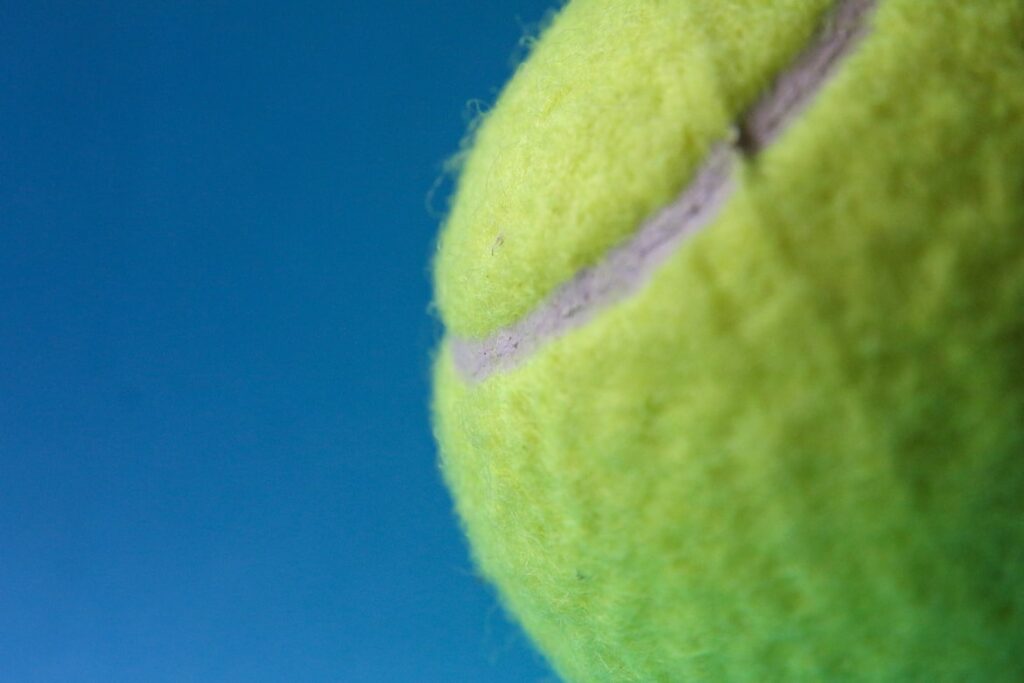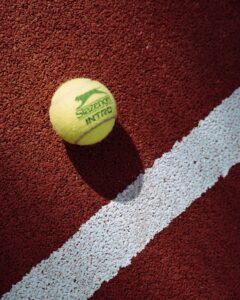Improving Decision Making in Padel: Analyzing Your Opponent
3 min read
How to Improve Decision Making in Padel: Analyzing Your Opponent
Padel is an exhilarating sport that requires quick thinking and strategic decision making. It’s not just about hitting the ball; it’s about reading your opponent, understanding their weaknesses, and capitalizing on their mistakes. In this article, we will delve into the art of analyzing your opponent and how it can vastly improve your decision-making skills in padel.
Know Your Opponent
To make informed decisions on the court, you need to gather as much information about your opponent as possible. Are they left-handed or right-handed? Do they favor lobs or smashes? Are they aggressive or defensive? Understanding these aspects of their game will help you anticipate their moves and make better decisions.
One effective way to gather information is by observing your opponent during warm-up or previous matches. Look for patterns in their shots, their footwork, and their body language. It’s like solving a puzzle, and the more pieces you gather, the clearer the picture becomes.
Exploit Weaknesses
Once you have enough information about your opponent, it’s time to analyze their weaknesses. Every player has areas of their game that are not as strong as others. It could be a weak backhand or a tendency to make unforced errors under pressure. Identify these weaknesses and use them to your advantage.
If your opponent struggles with high lobs, remember to mix up your shots with a few well-placed overhead smashes. If they have a weak backhand, focus your shots on that side of the court. By exploiting their weaknesses, you can force them into making mistakes and gain the upper hand in the match.
Stay Two Steps Ahead
Improving decision making in padel is not just about reacting to your opponent’s shots; it is also about anticipating their next move. Stay one step ahead by analyzing their shot selection patterns. If they tend to hit cross-court shots most of the time, be ready to cover that angle. If they frequently rush to the net, be prepared to lob the ball over their heads.
Watch for cues in their body language and footwork. Sometimes, a slight shift in their positioning can reveal their intentions. The more you can predict their moves, the better decisions you can make in response. Remember, in padel, the one who’s always a step ahead gains a significant advantage!
Practice Makes Perfect
Improving decision-making skills in padel requires practice. Set aside time to play matches with different opponents and focus on analyzing their game. Experiment with different strategies and shots to see what works best. Take note of what decisions led to successful outcomes and which ones need improvement.
Additionally, watch professional padel matches or instructional videos to gain insights from top players. They have mastered the art of analyzing opponents and making split-second decisions. Observe their tactics, body language, and shot selections. Incorporate these learnings into your own game and refine your decision-making skills.
Conclusion
In padel, improving decision making is vital to outsmarting your opponents and gaining a competitive edge. By closely analyzing your opponent, exploiting their weaknesses, and staying two steps ahead, you can greatly enhance your decision-making skills on the court. Remember, practice is key, so invest time in studying your opponents and refining your own game. Soon, you’ll start making better decisions that lead to victory in every padel match you play!






